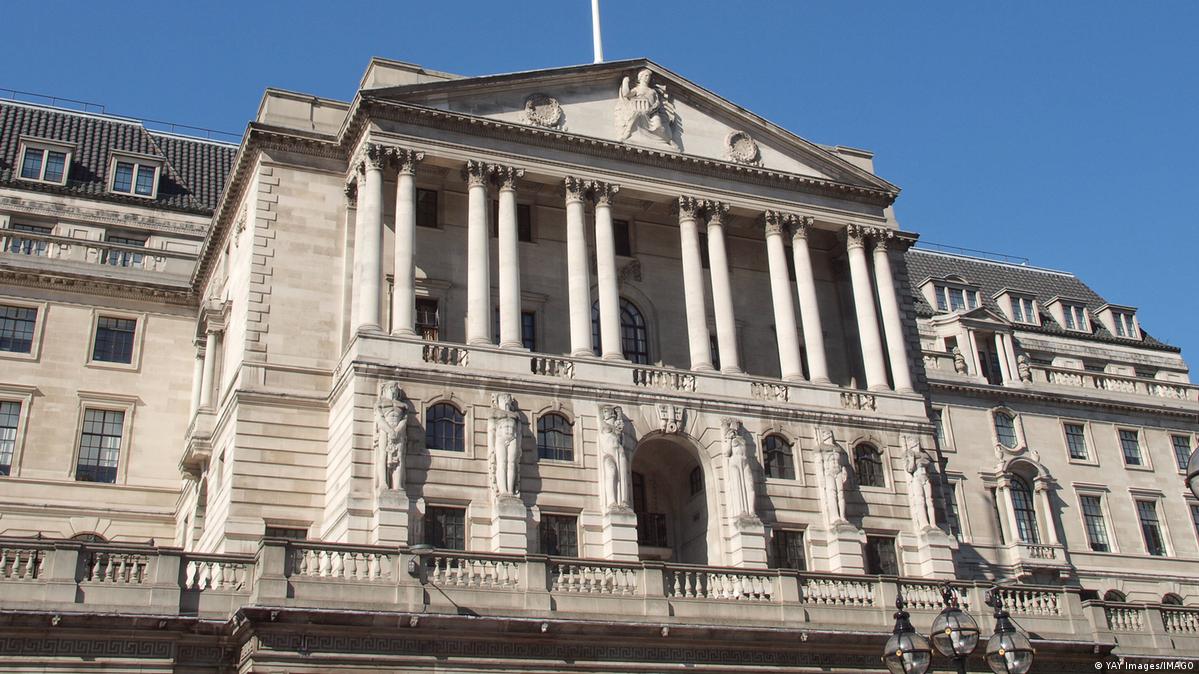The Prudential Regulatory Authority (PRA), Britain’s banking regulator, has proposed a framework for digital assets, officials revealed at a recent speech on Monday.
Vicky Saporta, Bank of England (BoE) executive director of the Prudential Policy Directorate, said in a speech the PRA would outline its advice in line with Basel III rules and legislation from the Financial Services and Markets (FSM).
Currently, Parliament is considering the bill after it faced a second reading in the House of Lords.
In a statement, Saporta said: “PRA rule making can deliver three things: harness the UK’s strengths as a global financial center, maintain trust in the UK as a place to do business and tailor regulations to UK circumstances.”
She added that her organisation would propose rules on “issuing and holding digital assets.”
The news comes as the BoE and PRA work jointly with other agencies to build a “regulatory grid” and succeed a “labyrinth” of rules and restrictions, with many originating in the European Union.
She said at the time,
“We’ve improved the way we communicate. The Bank and PRA now work with six other regulators to produce a regulatory grid setting out our plans in one place. And we are developing a new UK rulebook that will be easier to navigate than the labyrinth of regulations – many of them EU rules – we are replacing.
Explaining further, Saporta said,
“These are changes we could not have made whilst we were in the EU. They are a down-payment on our commitment to use our new powers to tailor rules and to make the UK a better place to operate a financial firm, without compromising on safety.”
Terms and Conditions
According to the document, the PRA will consult on the implementation of Basel 3.1 standards after finalisation. These will urge banks to limit exposure to cryptocurrencies to roughly 1 percent of total capital and a 1,250 percent risk premium.
She added: “I also believe that it is normally easier for internationally active firms to follow one global rulebook instead of having to meet the expense of adapting to a patchwork of local standards.”
The news comes as the United Kingdom aims to position itself as major cryptocurrency and tech hub for global markets.
The measures aim to overhaul current cryptocurrency regulations following the nation’s departure from the European Union in 2020. Lawmakers outlined new measures in a white paper in February on best practices for building its cryptocurrency regulatory framework.




